
Sponsored Feature: How technology helps transport businesses become more sustainable
Latching on to advancing technology is the way transport businesses can become more sustainable in an increasingly eco-oriented world. But doing so doesn’t mean sacrificing efficiency – it’s the exact opposite, in fact.
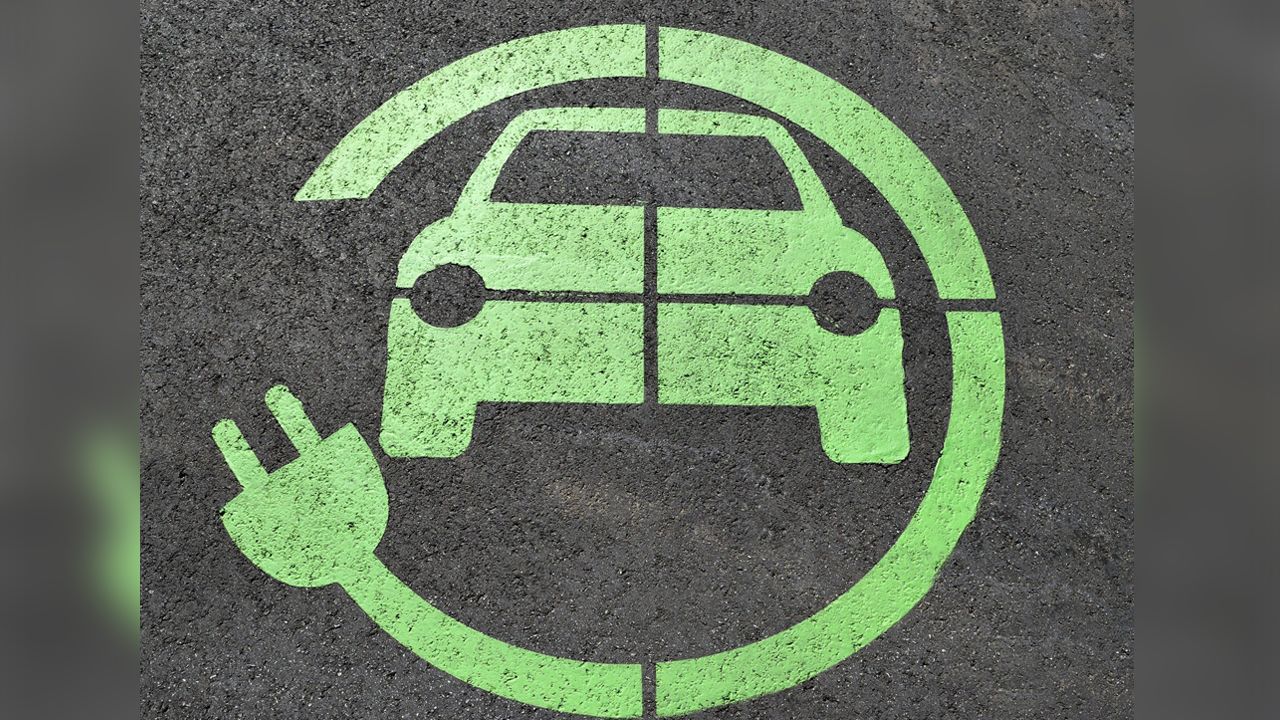
The transport industry needs to do more to promote sustainability across the world.
Nowadays, your customers, at the very least, expect you to make a conscious effort to accommodate the green cause. And from a business perspective, sustainability goes hand-in-hand with efficiency. The latter is where technology plays its most vital role.
As we embrace a more tech-savvy way of doing business, our horizons expand beyond the traditional methods: fossil fuels, maps, and compasses (actually, scratch that last one).
The point is that the green cause doesn’t have to be a burden that eats into your profit margins. By evolving alongside technology, you can have a greener, more efficient future for your business.
Not convinced? Read on as we take a look at how innovative technology is making transport businesses more sustainable (and efficient).
Electric vehicles show a future without fossil fuels
Whether it’s from the eyes of business conglomerates or a bedraggled parent dropping off his/her children on the commute to work, for years, fossil fuels have been perceived as an unfortunate yet ultimately inevitable way to go about our daily lives.
For one, fossil fuels burn a hole through our pockets, with prices rising and falling in tandem with the world economy. And secondly, the production of these fuels releases large quantities of carbon dioxide into the atmosphere, which is a leading cause of climate change.
Not only is it expensive to run a fleet in the transport industry, but the mass consumption of fossil fuels also contributes to an aching sense of collective guilt.
Regardless, there have been few reliable alternatives to the billowing fumes of burning fossil fuels, until now – electric power.
The evolution of electric vehicles
From plug-in hybrids to fully battery-powered models, the latest generation of electric power vehicles (EVs) is improving on fuel cells from the past – and is much better for the environment too.
Remember the cult following of General Motors and its EV1? The first commercially available electric car could only manage around 70 miles before conking out. Fast forward 20 years later, and lots of manufacturers are investing in electric mobility, with the likes of Tesla boasting a secret battery rumoured to reach the one million mile mark.
Despite the hyperbole, EVs still have a few hangups: they cost a lot upfront, have long charging times, and public plug-in stations aren’t widely available yet (unless you’re based in a major city).
How are transport businesses adopting electric vehicles?
Despite all the surface level cons, delivery companies like DPD have shown the transport industry a way to embrace EVs into their operational strategy, both to portray a sustainable mindset and to boost overall business efficiency.
DPD’s urban delivery strategy (found here) lays the foundation for the company’s all-electric micro depots, where packages leave the final delivery facility and journey to your doorstep on a zero-emission electric vehicle – meaning no fossil fuel is used in the final few miles of your journey.
Yes, it’s a small step in the grand scheme of things, but one that signals a reliable alternative to gas-guzzling lorries and pricey pit stops at the nearest garage.
Fuel cards balance efficiency and sustainability
Electric vehicles are a slow change that needs to be implemented over time as part of your long-term planning. And make no mistake, EVs are the direction you should be looking to head in. That said, you also need a small solution you can adopt in the here and now.
Why? Unless governments heavily discount electric cars — which is possible given the 2030 ban on petrol/diesel cars, following the UK’s green plan — businesses have to act promptly and mediate the impact of their fleet while it’s still powered by fossil fuels.
Change has to start somewhere and taking baby steps in the right direction is far better than doing nothing at all. And the easiest direction your transport company can take is using fuel cards, a seemingly inconsequential piece of tech that packs a punch, both for the environment and your operational efficiency.
What are fuel cards — and how do they support sustainability?
Fuel cards do exactly what it says on the tin, they’re a credit card used to pay for fuel. But the surrounding benefits are where it counts in terms of sustainability and your bank account. Here are two key upsides fuel cards provide your transport business:
- Telematics and onboard info: the more information you collect on your fleet the better. Fuel cards provide telematics data on things like driver behaviour and average fuel usage via a digital app. This data can then be used to reduce fuel wastage — or even cut down on delivery times.
- Paperless accounting: Fossil fuel has a large enough environmental footprint without adding wasted paper to the mix. In this sense, fuel cards allow your company to go paperless by sending a digital receipt with every purchase. Plus, these cyber receipts double up as an HMRC-compliant invoice, which cuts admin time too.
Paperless and data-driven? That’s a double whammy in regards to your sustainable efficiency efforts. But how do you reduce the amount of fuel you’re actually using? The information doesn’t mean a thing until you implement actionable changes. More on that next.
Optimized route planning software carries the green cause
Technology can give you all the information, but did you know it can also do all the heavy lifting? Sometimes, meaningful green policies mean businesses have to make sacrifices. Or they risk being so minor that the impact is rarely recognized on a substantial scale.
But that’s not the case with sophisticated route planners.
AI in the transport industry highlights a way your business can improve the environment and make a substantial contribution to the green cause.
For instance, are you aware the UPS truck never makes a left turn? Although this sounds like the beginning of a mystical proverb, it’s not. And nor is it an urban legend. Depending on where you live, UPS delivery drivers are genuinely instructed to never turn left.
What reason is there for this rule? The answer starts with On-road Integrated Optimization Navigation (better known as ORION).
Developed by the boffins at UPS, the ORION system is an innovative route optimization software that scrutinizes a variety of key data points: package deliveries, pickup times, and driver performance. All of which is crunched together to find the optimum path to organizational efficiency.
As for the left turns? ORION discovered that turning into oncoming traffic wasted too much fuel and increased delivery times, thereby showing efficiency and sustainability go hand-in-hand right down to the finest detail.
Latching on to advancing technology is the way transport businesses can become more sustainable in an increasingly eco-oriented world.
But doing so doesn’t mean sacrificing efficiency – it’s the exact opposite, in fact.
From small steps like fuel cards to embracing intelligent software and investing in electric cars, there is a profitable green future on the horizon.


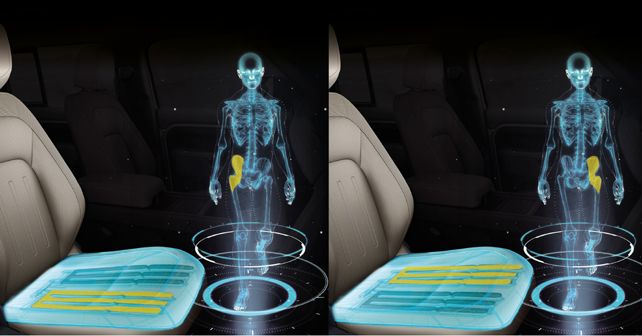

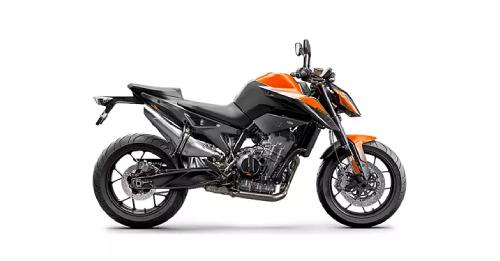
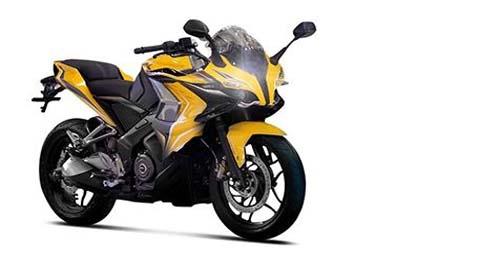
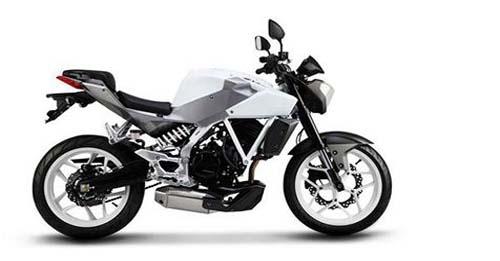



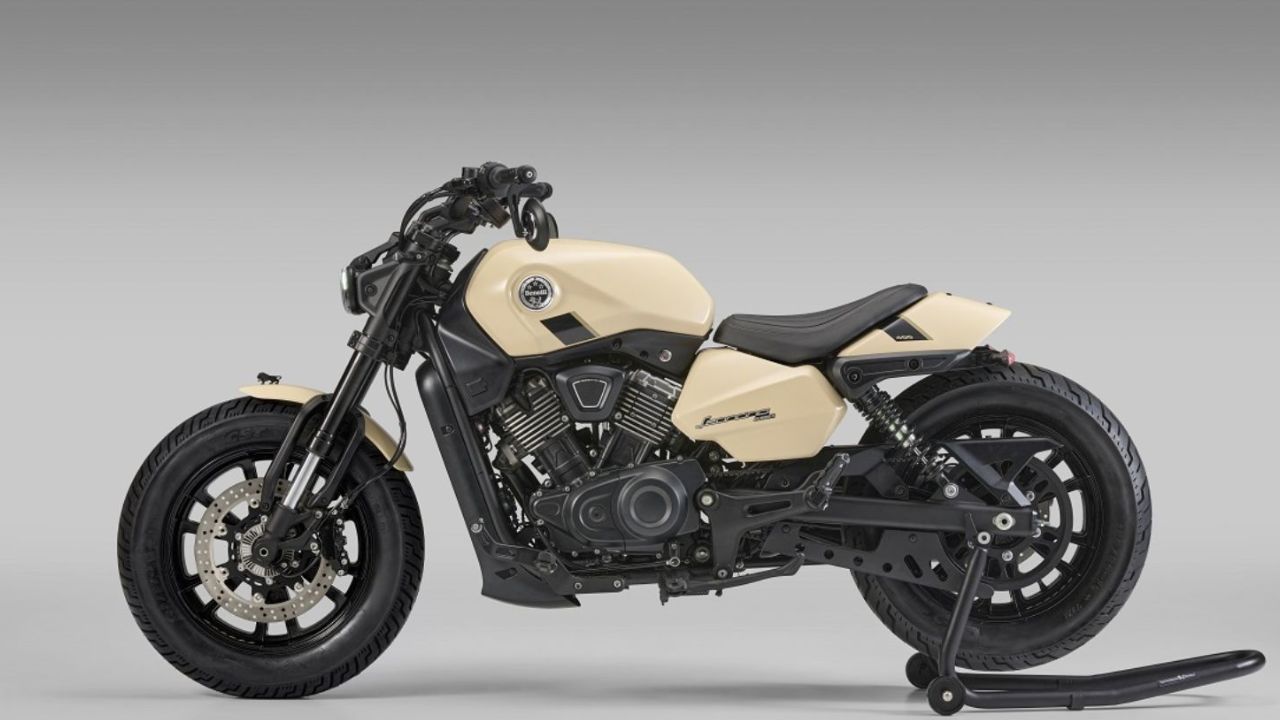
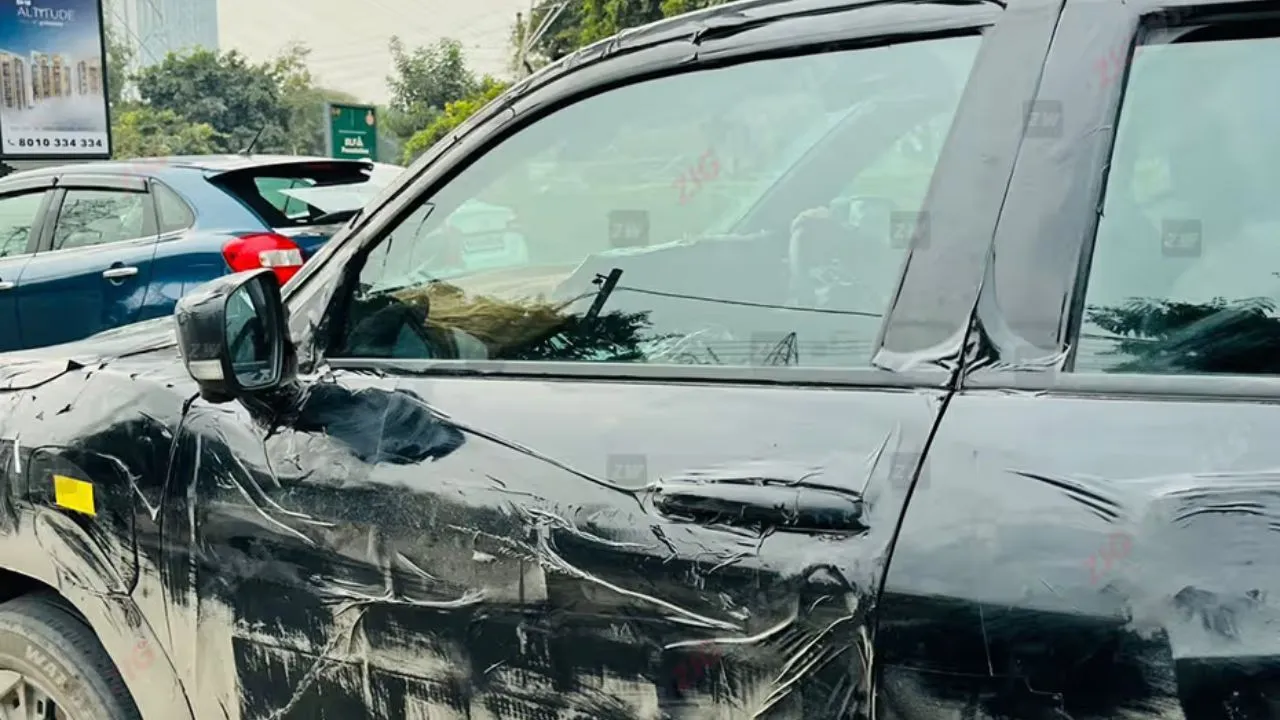
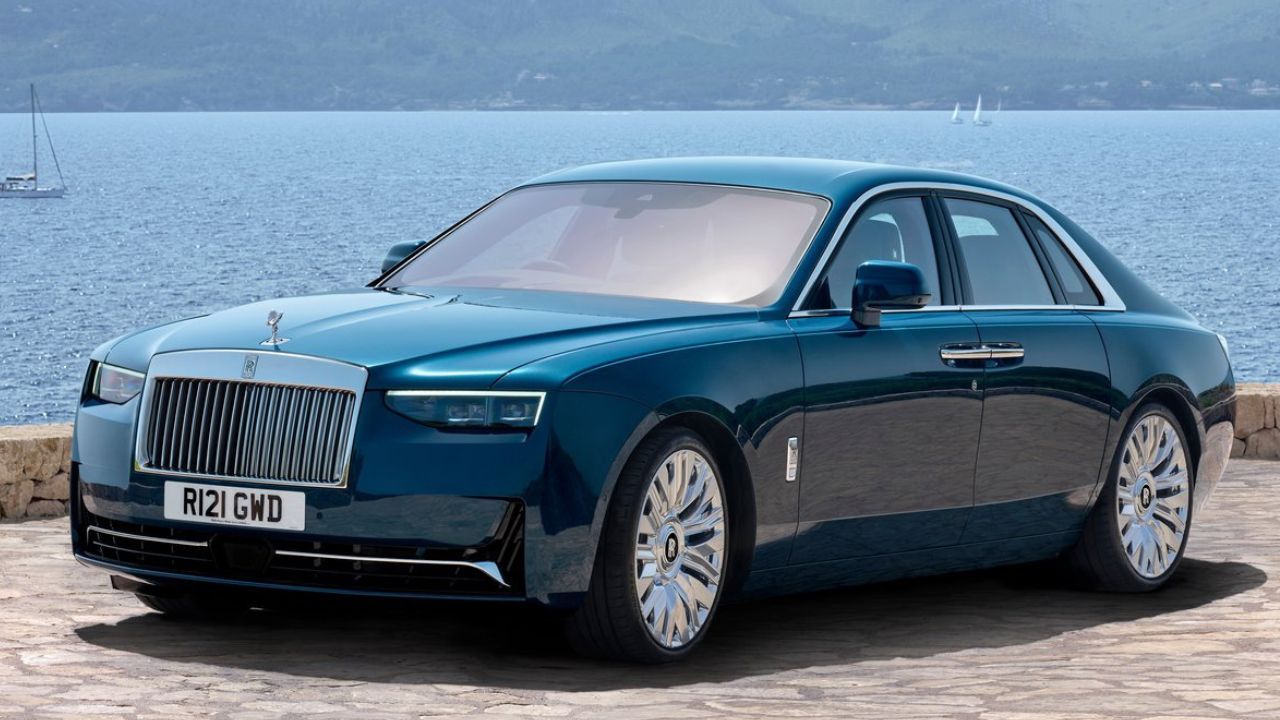
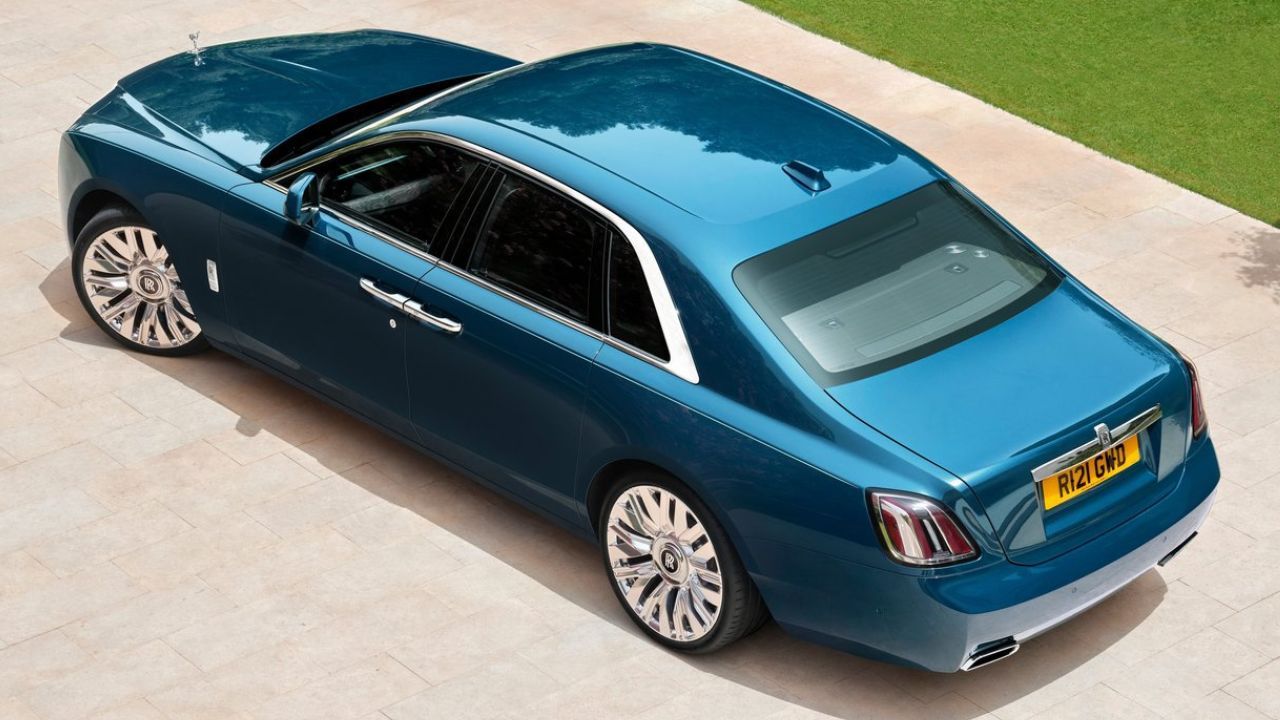
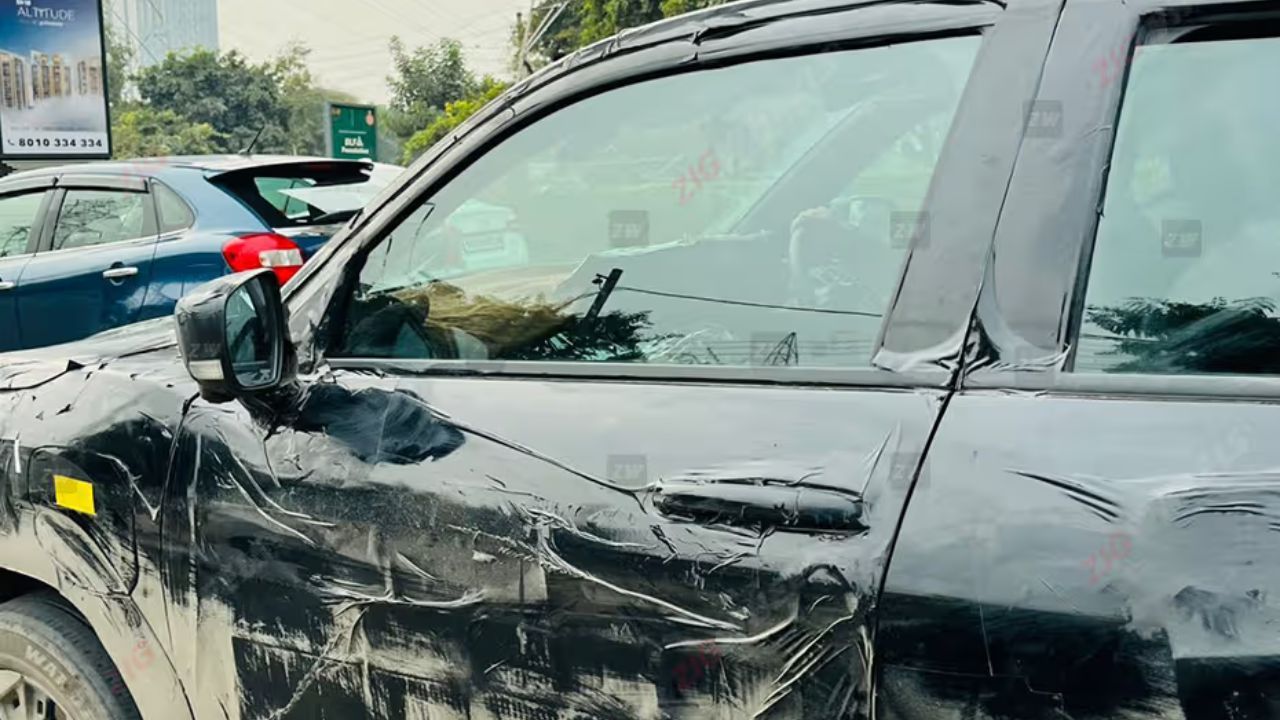
Write your Comment on